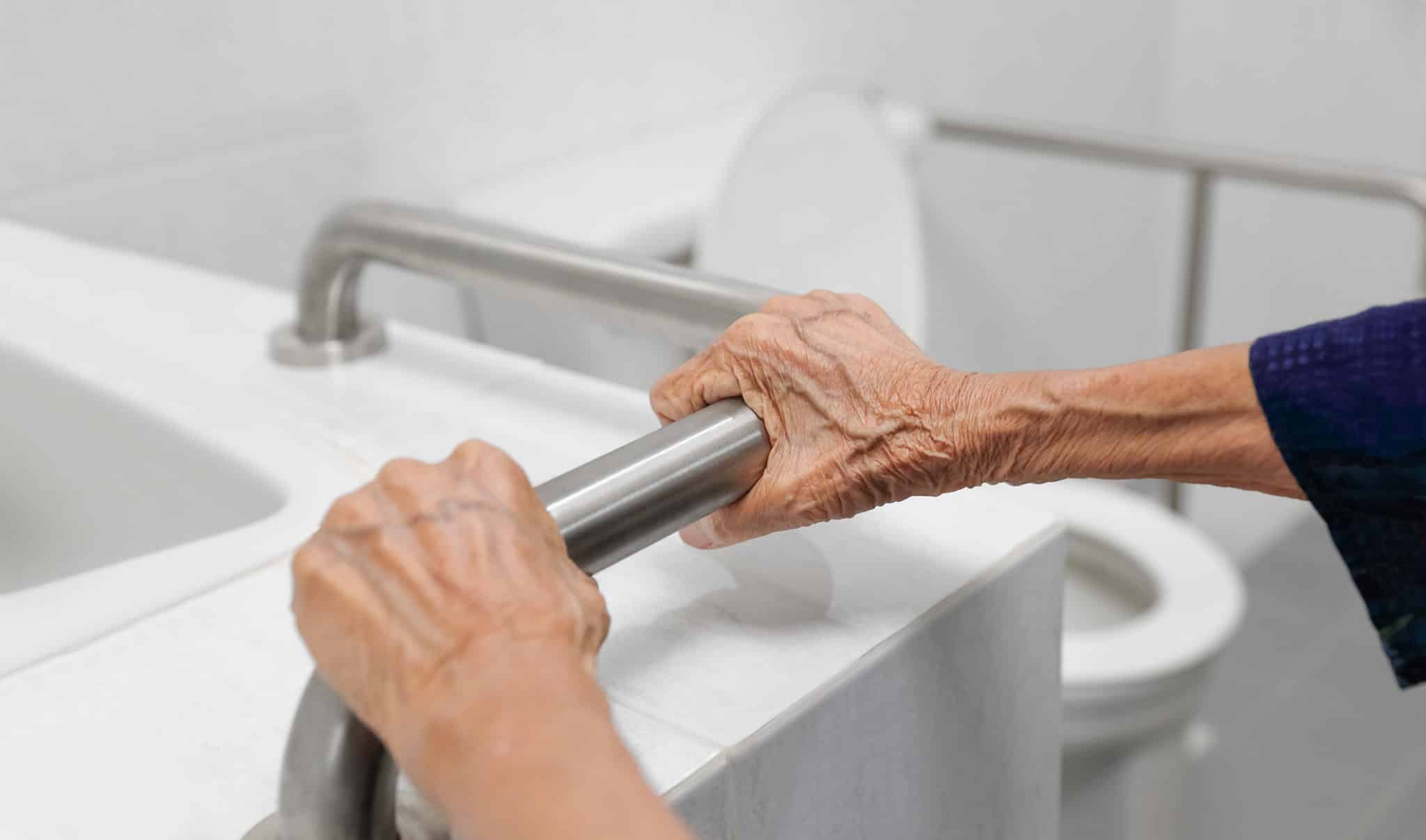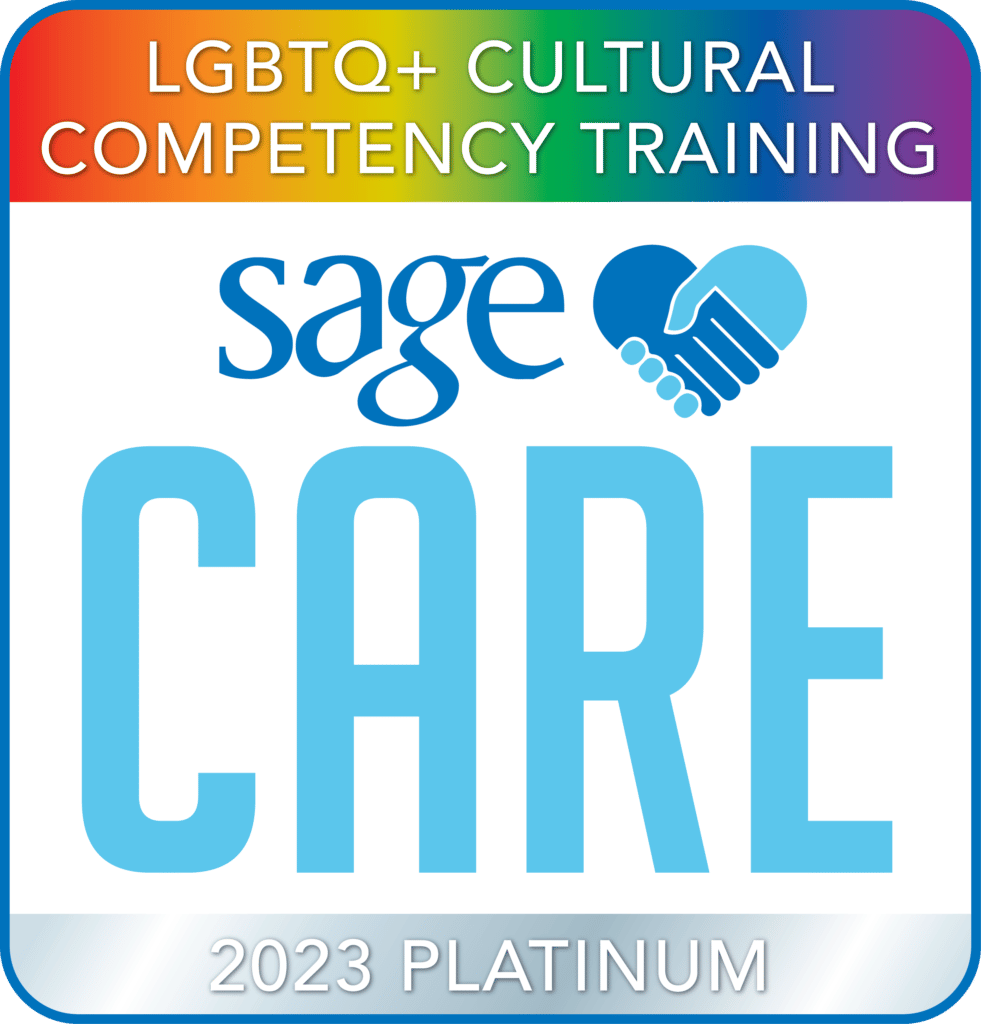12 Ways to Prevent Fall-Related Injuries

September 22 is Fall Prevention Awareness Day, sponsored by the National Council on Aging as an opportunity to learn how to prevent fall-related injuries that affect older adults. Falls remain the greatest danger to seniors as the leading cause of injury-related visits to emergency rooms, causing bruising, hip and bone fractures, head injuries, and deaths.
Fortunately, reducing the risk of potentially fatal falls is simple when you know how! Here are some insights into this important issue from our CCRC independent senior living community in New Jersey.
What are the 7 Most Common Causes of Falls?
There are plenty of reasons why an older adult may fall in a situation that would be no trouble to someone younger. These include:
- Poor hearing and poor vision
- Illness and physical conditions that affect strength and balance
- Side effects of medication, including reduced alertness, sleepiness, slow reaction times, and low blood pressure (dizziness)
- Foot and leg pain
- Poor footwear and too-long clothing
- Clutter in the home (rugs, piles of books, etc.)
- Slippery surfaces
Why are Senior Falls So Serious?
Even a minor fall for a senior can have severe results. They are more likely to break a bone because bones tend to become more fragile with age, especially if they suffer from osteoporosis. Cuts and bruises occur more easily because skin and tissue are more delicate, and some medications can increase bleeding. These wounds tend to heal more slowly in the elderly, especially if they suffer from diabetes or venous insufficiency (poor circulation) increasing risk of contracting an infection and making it more difficult to fight that infection off.
Another issue that isn’t often addressed is the fear that comes with a fall. When we’re young, we bounce back quickly and usually are back to feeling invincible again as soon as we’re healed. In the elderly, a fall can be a serious shock to confidence and wellbeing. Many seniors who have a bad fall (especially if it involves a hospital stay or a long recuperation), lose confidence in their body and physical abilities. This can lead to seniors isolating themselves at home and avoiding social or physical activities, which deprives them of an active, healthy and enjoyable life.
Basic Fall Prevention
If you’re clumsy like me, you know there’s no way to 100% guarantee a fall won’t happen! But there is a lot you can do to make a fall less likely. Here are 12tips you can easily and affordably put into practice:
- Get some comfortable shoes with non-slip soles to wear indoors and outdoors
- Install additional or brighter lighting, especially by bedsides, stairs and frequently used rooms (switching to LEDs gives better light and lowers the electricity bill!)
- Remove or secure rugs firmly to the floor, focusing on the edges
- Install grab bars for the tub and shower, buy a shower chair and install a handheld shower for easy bathing
- If you have to wax floors, use a non-slip wax
- Move frequently-used items to lower shelves and avoid step ladders – ask family, handyman or a neighbor for help when needed
- Check medication for side effects and negative interactions, and talk to your doctor about how to take all medications through the day to minimize side effects (some may be better to take before bedtime at night, for example)
- Check vision and hearing once a year
- Treat seniors to regular pedicures to trim nails. keep feet healthy, corn and pain-free, and promote good circulation
- Sit before you stand to give blood pressure time to adjust and to prevent dizziness
- Stay active with walks, water aerobics, dancing, yoga, and more to help keep bones and muscles strong
- Have a medical alert that makes it easy to notify a family member of a fall and get treatment quickly
If you are especially concerned that your elderly parent is at risk of falls (especially if they have already experienced a bad fall), it may be time to consider moving into a Continuing Care Retirement Community. At Bristol Glen in Sussex County, New Jersey, we offer beautiful, spacious apartments that are fitted for safety while still looking stylish and welcoming.
If you want to find out more about our community, the amenities we offer and how we’re keeping seniors safe and well through the COVID-19 pandemic, contact us today and chat to our friendly team.




